Nuclear waste in Belgium: a story of pioneering and sustainability
Recycling mentality of SCK CEN in dismantling BR3 is an international example
Belgium is often celebrated for chocolate, waffles and historical culture, but has quietly become a world leader in a very different area: nuclear waste processing and management. With unique expertise in conditioning, declassifying and recycling radioactive waste, Belgium is, thanks to SCK CEN, a shining example of how safety, innovation and sustainability come together to address one of the most pressing challenges of our era.
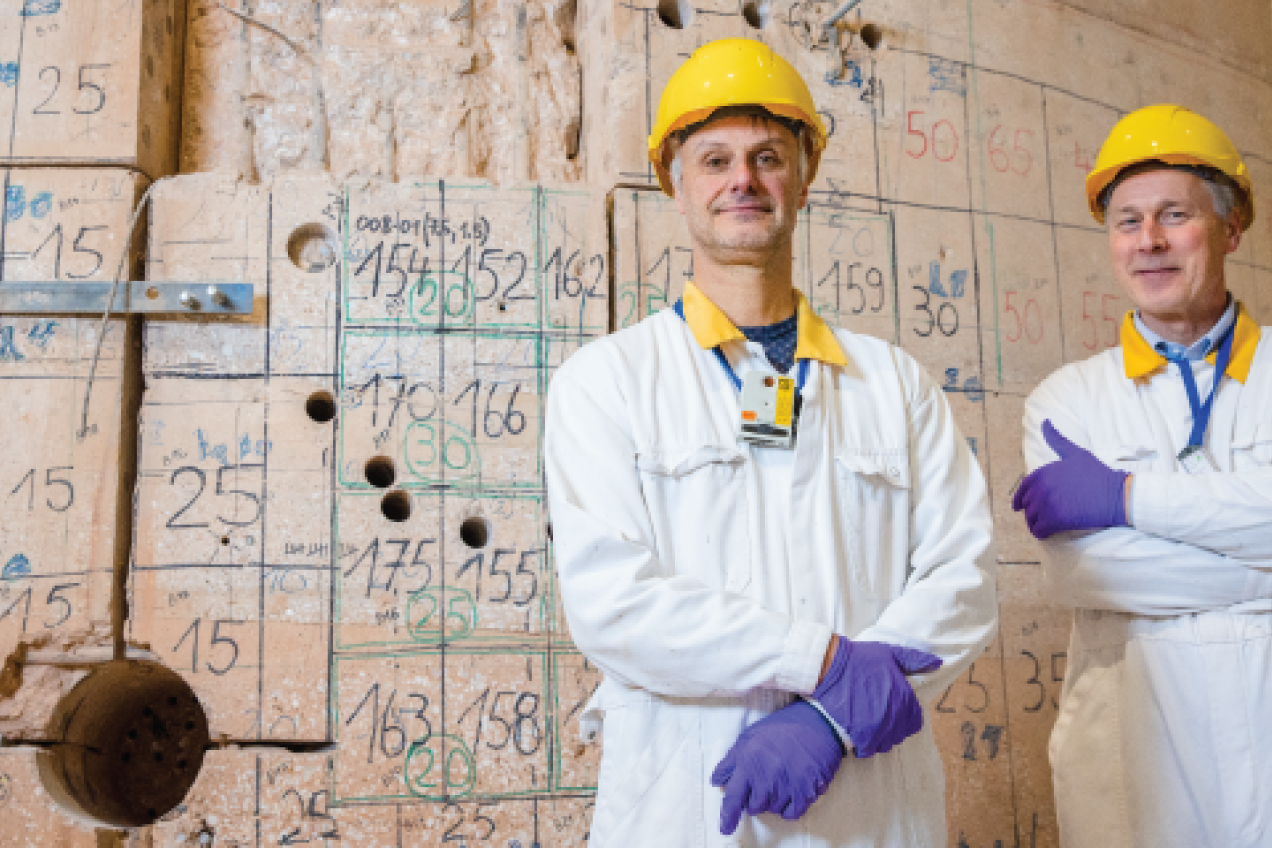
The path of dedication
Belgium's journey towards minimising nuclear waste began 36 years ago with the shutdown of Belgian Reactor 3 (BR3). This pressurised water reactor served as a prototype for the Doel and Tihange nuclear reactors and has since served as a pilot project for demonstrating the technical and economic feasibility of reactor decommissioning in realistic conditions. A mandate from the European Commission that made Belgian policy-makers, scientists and engineers consider for the first time the long-term responsibility of managing radioactive decommissioning waste.
"For SCK CEN, the mission to develop comprehensive solutions that prioritise safety, economic profitability and technological progress then began. The result is a wealth of knowledge and infrastructure for (conditionally) releasing nuclear waste in a political landscape that allows for this," says Guido Mulier, Senior Business Developer at SCK CEN.
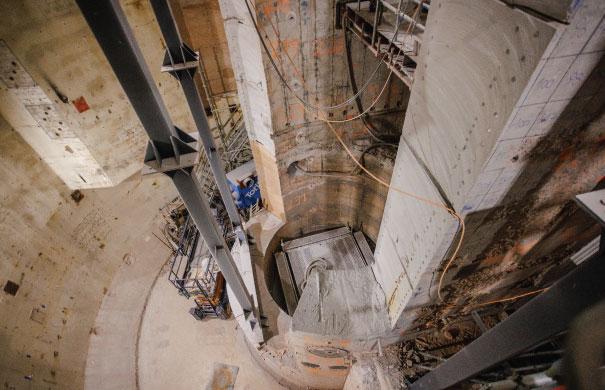
BR3's biological shield: maximum effort for minimisation
Currently the project is in the final decommissioning phase: restoring the site to its original state. This means that BR3's biological shield has also been completely demolished. These concrete wall used to surround the reactor dock and served to block radiation. "The shield is 1.20 metres thick. We had to dispose of 1,200 tons of concrete to dismantle it. That amounts to about 50 trucks," SCK CEN's Decommissioning Expert Jérôme Dadoumont calculates.
In those large streams of materials lies the core of SCK CEN's expertise in conditionally releasing nuclear waste. The golden rule in the dismantling project is to minimise the amount of radioactive waste in a cost-effective way. So the team has worked hard to prevent all 50 trucks of concrete effectively being disposed of as nuclear waste. The concrete was scraped, picked or sawed off in layers, declassifying it – or bringing it down to a lower level of activation.
From high-safety reactor to classical landfill
Each layer now gets a different use. The most extraordinary final stop? Category 1 landfill for industrial waste where about 1,000 tons of concrete will go. So radioactive material will be going to a classical waste site. A one-of-a-kind!
"Yes, the debris will go to a landfill where it leads an idle existence, but the ethical and economic added value of this situation is enormous," emphasises Jérôme Dadoumont. "We proved that not everything should go to a disposal solution like the CatA facility and are preventing future generations from needing to worry about it. In addition, some huge costs were saved by being allowed to classify the concrete as traditional waste – another exciting lesson for decommissioning operations yet to come in this country."
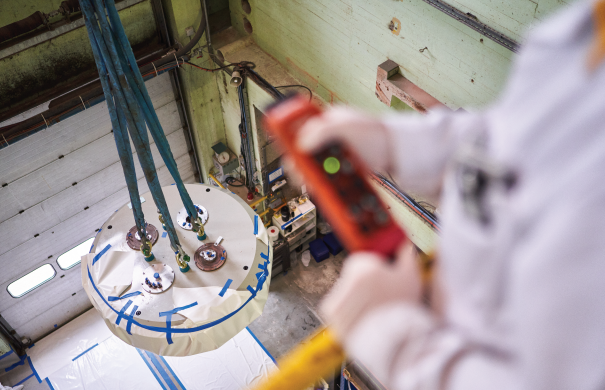
Ready for European decommissioning sites
International researchers, governments and companies are watching with great interest as SCK CEN dismantles the BR3 pressurised water reactor as safely and efficiently as possible. After all, it is a unique database and a solid basis for the demolition plan for other nuclear facilities. Indeed, not only in Belgium, but also abroad, there are a great many decommissioning site coming along – five of the seven nuclear power plants in Belgium are closing down, some 200 medical cyclotrons worldwide are waiting to be decommissioned, etc. Operating a reactor, accelerator or cyclotron is one thing; shutting it down is quite another, because it involves a reorganisation with unforeseen risks and costs.
"You need to make sure you're working as efficiently as possible, with the right personnel and in accordance with a safe, sustainable plan. SCK CEN guides operators towards solutions for the disposal of radioactive waste and safe (un)conditional release, while we continue to improve our own knowledge and skillset ourselves every day in research projects too," concludes Guido Mulier.
Reducing radioactive waste to a minimum yourself? Seizing opportunities in the decommissioning sector? Or being fully prepared for your own decommissioning project?
With SCK CEN, you will gain an experienced and reputable partner.
Discover our services here.
Related articles
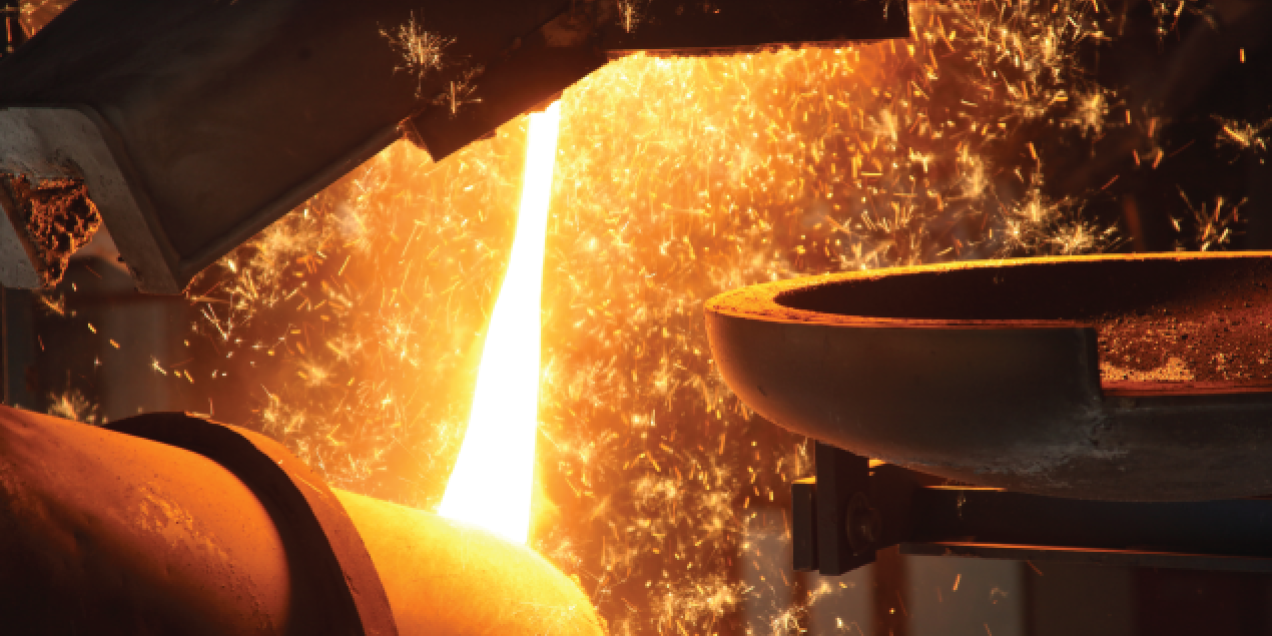 23 April '24
23 April '24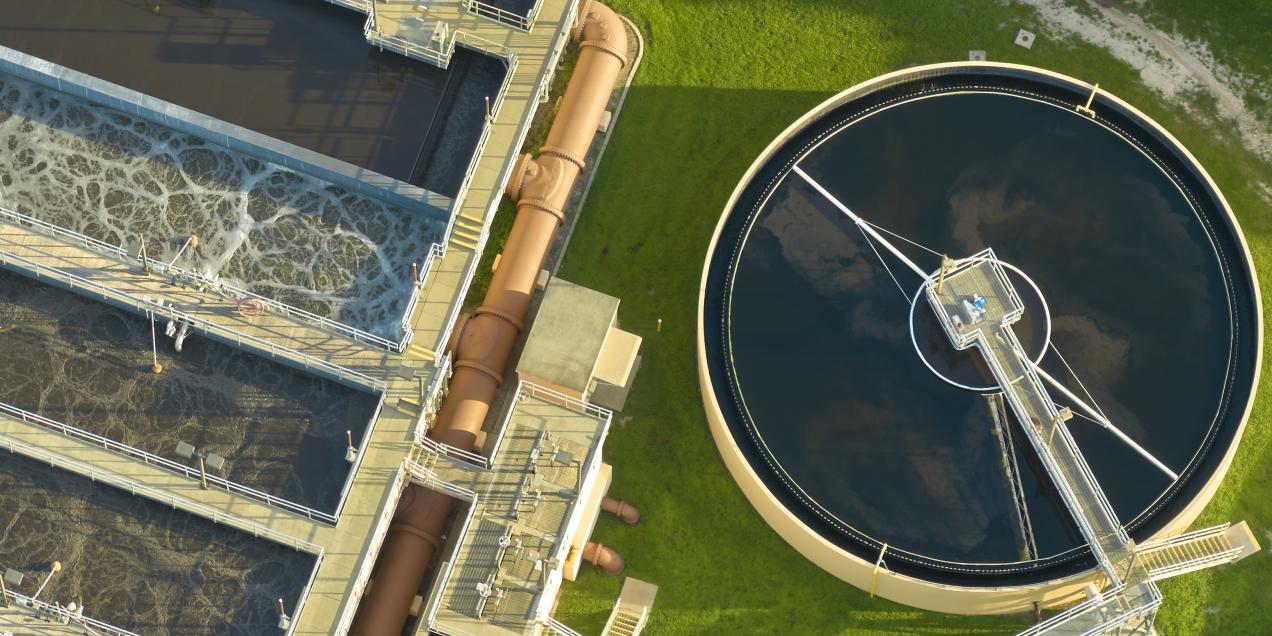 29 February '24
29 February '24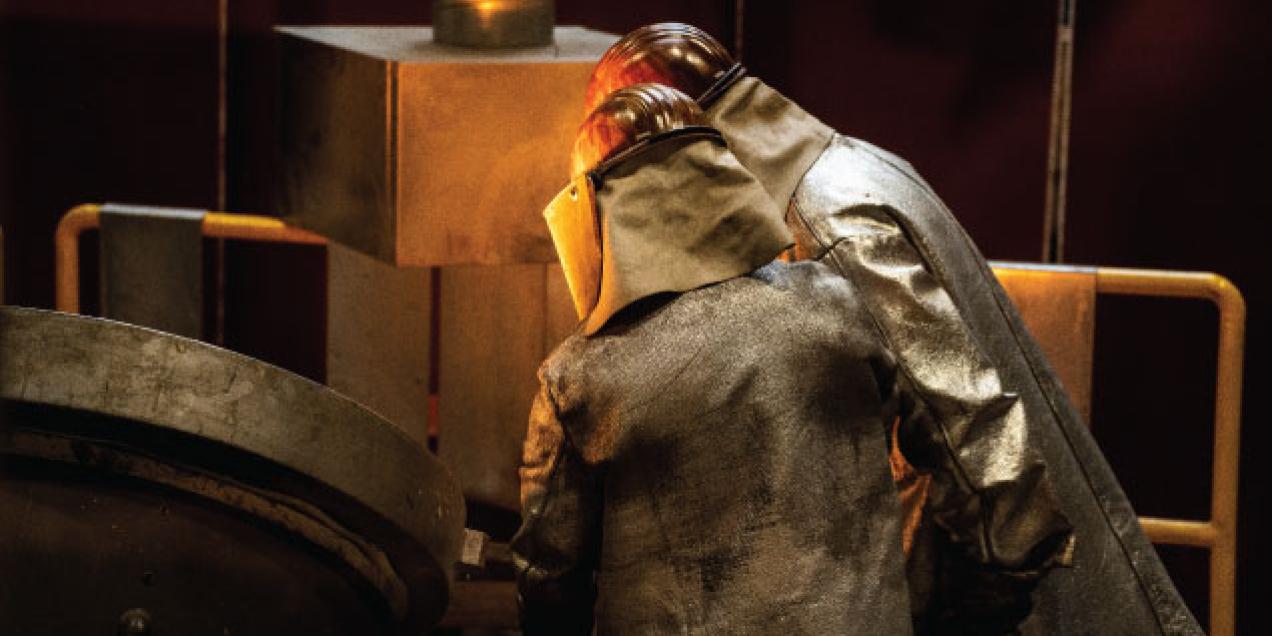 13 February '24
13 February '24